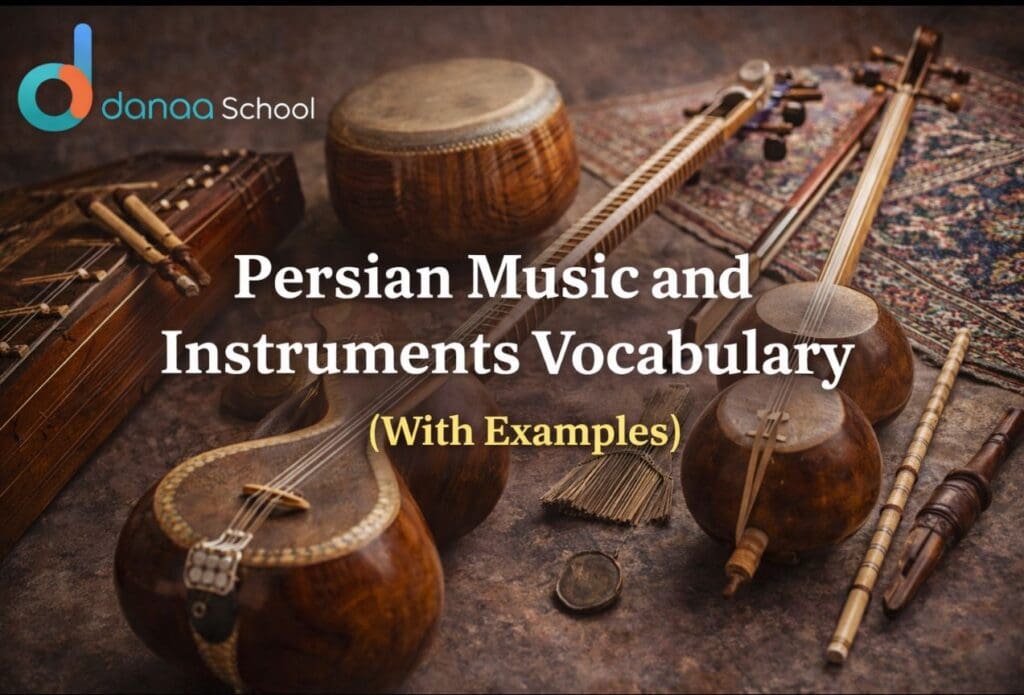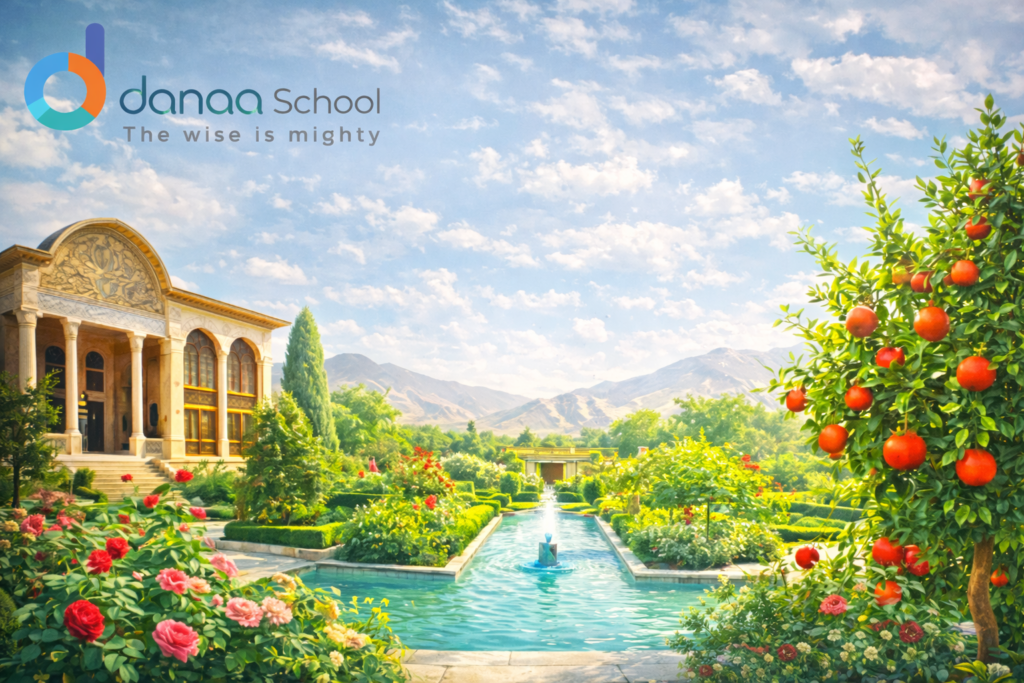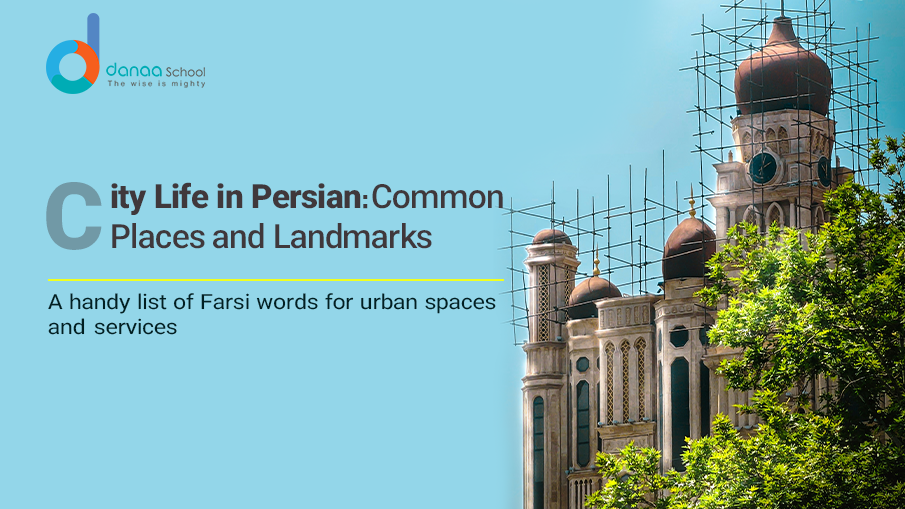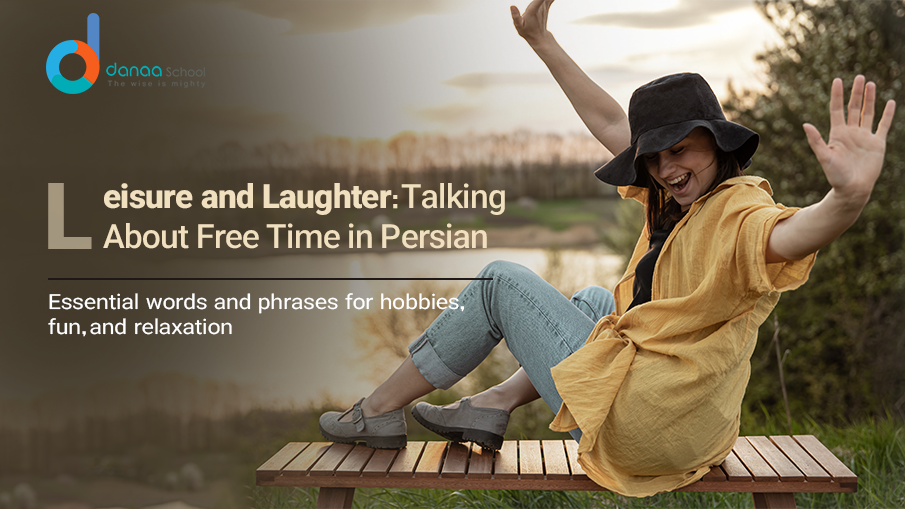Persian poetry has enchanted readers for centuries with its profound depth and lyrical beauty. Persian literature offers a rich tapestry of themes and styles, from the grand epics of ancient Persia to the mystical verses of Sufi poets.
This exploration explores the legacy of Persian poets, examining their influence, the evolution of Persian poetry, and its enduring legacy in Iranian culture and global literature. Join us on this literary journey through time, from the golden age of classical Persian poetry to the present day.
The Genesis of Persian Poetry
Persian poetry’s roots stretch deep into ancient Persian civilization, where poets were revered as artists and sages. The Persian language, rich and expressive, became the perfect medium for conveying complex emotions and philosophical ideas. Early Iranian poets laid the groundwork for a vibrant and influential literary tradition.
The Dawn of Persian Literature
One of the most significant milestones in Persian literature is the “Book of Kings” (“Shahnameh”) by Ferdowsi. Written around the 10th century, this epic poem chronicles the history of ancient Persia from its mythical beginnings to the Islamic conquest. Ferdowsi’s work is a testament to the resilience of the Persian language and culture, particularly during the tumultuous times following the Arab conquest.
The Golden Age of Persian Poets
The period from the 10th to the 13th century is often regarded as the golden age of Persian poetry. During this era, several great Persian poets emerged, their works characterized by an unmatched lyrical beauty and profound philosophical depth.
Omar Khayyam: A Popular Persian Poet
Omar Khayyam, one of the most renowned Persian poets, is best known for his “Rubaiyat,” a collection of quatrains that reflect on life, fate, and the temporary nature of existence. His poetry, filled with existential musings and rich imagery, has been widely translated into English and other languages, captivating readers worldwide.
The Influence of Sufi Mysticism
Sufi mysticism significantly influenced Persian poetry, introducing divine love and spiritual longing themes. Poets like Rumi and Hafez, whose works are imbued with mystical fervor, are celebrated as some of the greatest Persian poets. Their verses transcend time and space, offering insights into the human soul’s quest for unity with the divine.
Persian Poetry in the Face of Adversity
The Mongol invasion in the 13th century devasted Central Asia and Persia. Persian poets continued to produce remarkable works despite the chaos, often reflecting the turmoil and resilience of their times.
Saadi and the Power of Humanism
Saadi, another luminary in Persian literature, is known for his works “Bustan” and “Gulistan.” These texts blend prose and poetry to explore ethics, morality, and human compassion themes. Saadi’s poignant observations on human nature and society have ensured his lasting legacy as a writer and poet.
The Evolution of Persian Poetry
Persian poetry evolved over the centuries, adapting to changing political and cultural landscapes. The Safavid and Qajar eras saw the continuation of classical Persian poetry traditions while paving the way for modern influences.
Modern Persian Poets
In the modern era, Persian poets like Forough Farrokhzad and Sohrab Sepehri have brought contemporary themes and free verse into Iranian literature. Their works address modern existential dilemmas, social issues, and individuals’ place in an ever-changing world.
Persian Poetry’s Global Influence
The beauty of Persian poetry lies in its universal appeal. The themes Persian poets explore—love, loss, spirituality, and the human condition—resonate with readers worldwide. English translations of Persian poetry have introduced global audiences to Iranian literature’s profound wisdom and lyrical elegance.
Persian Speaking Communities
Persian poetry thrives in Persian-speaking communities across Iran, Afghanistan, Tajikistan, and the broader diaspora. These communities keep classical Persian poetry’s rich traditions alive while fostering new voices and perspectives.
The Legacy of Persian Poets
Persian poets’ legacy is one of resilience, beauty, and profound insight into the human experience. From the ancient Persian epics to contemporary free verse, Persian poetry remains a vital and dynamic part of world literature.
Celebrating Persian Literature Today
Today, institutions like Danaa School offer Persian poetry courses, ensuring that this rich literary tradition is preserved and appreciated by new generations. By studying the works of Persian poets, students gain a deeper understanding of Iranian culture and the universal themes that define the human experience.
FAQs
Who is the most famous poet in Persia?
Rumi is arguably the most famous poet in Persia. He is known for his profound mystical poetry, which transcends cultural and linguistic boundaries.
Who is the most widely read Persian poet?
Hafez is the most widely-read Persian poet, especially within Persian-speaking communities. His “Divan” is a staple in many Persian households.
Is Iran known for poetry?
Iran is renowned for its rich poetic tradition, with a history of producing some of the world’s greatest poets and literary works.
Who was the national poet of Persia?
Ferdowsi is often regarded as the national poet of Persia. He is celebrated for his epic “Shahnameh,” which preserves Persian history and culture through its verses.
Who is the father of Persian poetry?
Rudaki is considered the father of Persian poetry. He was one of the earliest poets to write in the Persian language. He significantly shaped the form and style of classical Persian poetry.
Who was the first poet of Farsi?
The first known poet to write in Farsi (Persian) is Rudaki, who lived in the 9th and 10th centuries and is credited with composing many foundational works of Persian poetry.
Conclusion
Persian poetry is a testament to the enduring power of language and literature. Persian poets have left an indelible mark on world literature, from the ancient epics of the “Book of Kings” to the mystical verses of Rumi and Hafez. Their works continue to inspire, offering timeless wisdom and beauty. By exploring Persian poetry, we connect with Iranian culture and the universal themes that bind humanity together.
Are you interested in discovering the world of Persian poetry? Enroll in Danaa School’s Persian poetry courses and explore the rich tapestry of Iranian literature through the works of great Persian poets. Discover classical Persian poetry’s timeless beauty and wisdom and its modern evolutions.










